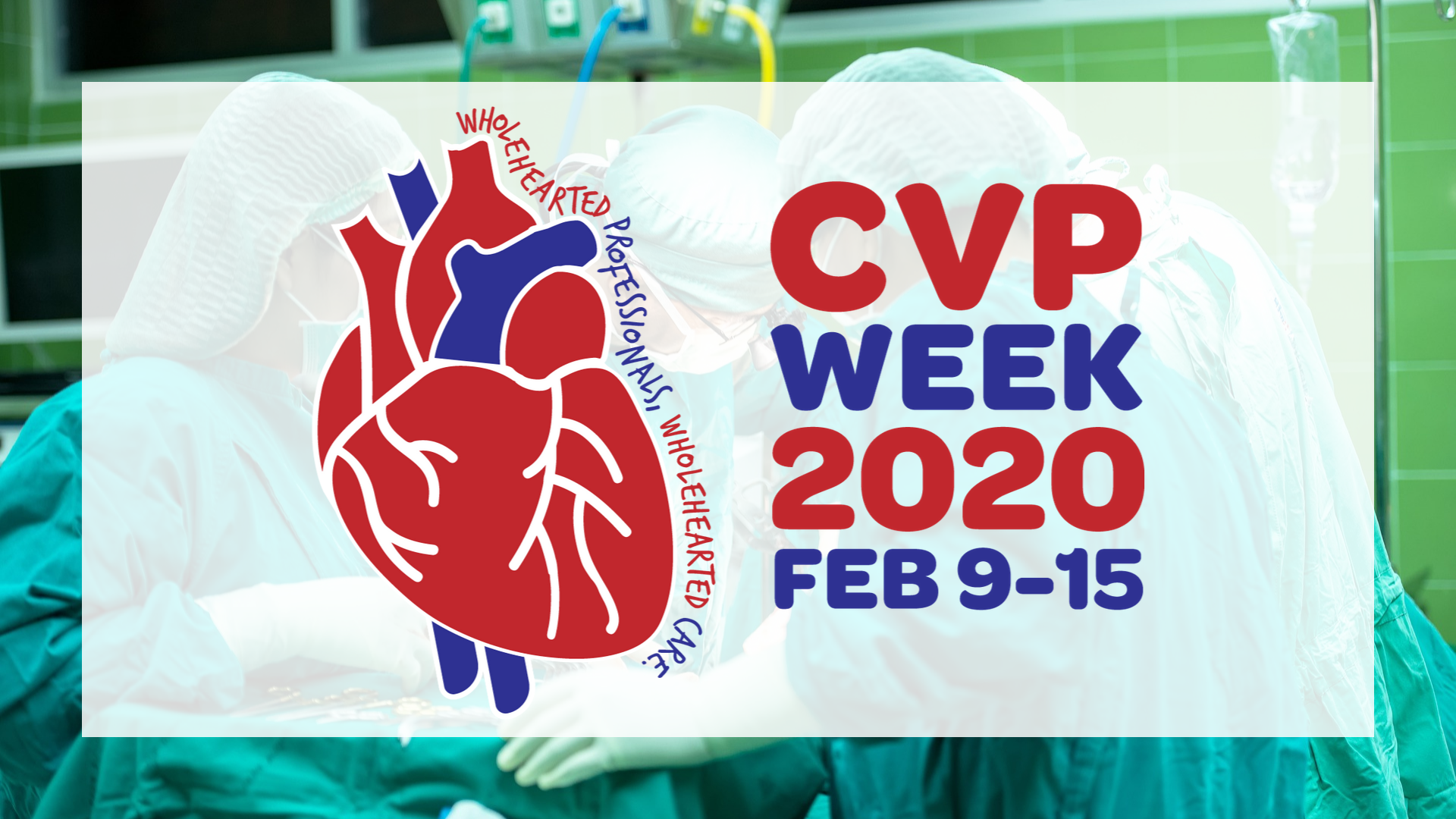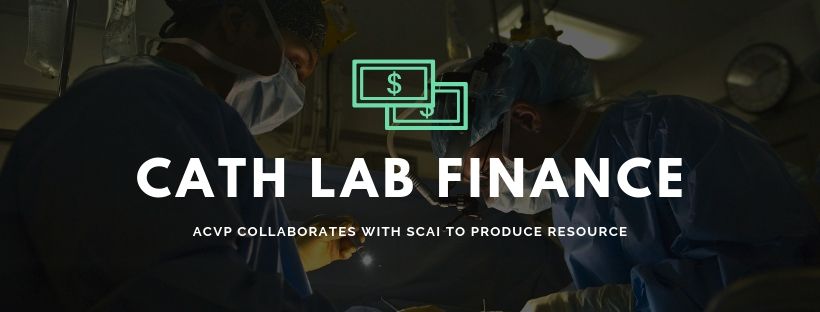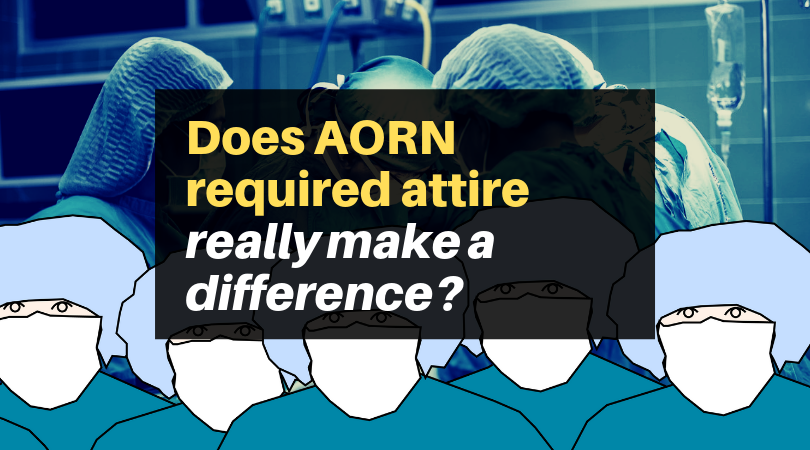ACVP Advocacy Wins Fluoroscopy Exemption in Maryland
On Monday, May 13, Maryland House Bill 924 was signed into law, carving out an exemption in existing state law such that RCIS professionals can continue assisting in the performance of fluoroscopy procedures in Maryland cath labs.
This bill was the end result of a collaborative work group convened by the Maryland Board of Physicians, in which the Alliance of Cardiovascular Professionals took part, that was tasked with finding a solution to the manpower shortage currently being experienced by Maryland hospitals and cath labs.
The bill made significant inroads to ensuring multidisciplinary teams can deliver high quality care in Maryland cath labs, by vesting supervising physicians with the power to delegate duties to qualified RNs, RTs or RCIS professionals during the performance of procedures involving fluoroscopy. Previous interpretations of Maryland state law had prohibited RCIS professionals from assisting in procedures for which they'd been educated and trained.
ACVP Fights for Team-based Care Around the U.S.
The legislative sessions of many States, those without year-round sessions, have now closed or are approaching adjournment in June. You can find the status of all state legislatures, here. During this period, ACVP closely monitored or was directly involved in legislation in Minnesota and Maryland, and regulatory rule-making in New Hampshire, all resulting in advocacy wins on behalf of team-based care.
In Minnesota, bills HF 819 and SF 966 were amended to create a similar exemption for RCIS credentialed professionals assisting in x-ray machine operation. In New Hampshire, ACVP was involved in rule-making which ultimately protected the scope of practice of the RCIS.
You can find more information about our advocacy involvement and legislation we are tracking on our pending legislation page. We also invite you to use the form on that page to make us aware of any legislation or rule-making in your State which may affect any cardiovascular professionals.
ACVP thanks all of its members for continuing to support our efforts to ensure that multidisciplinary teams are allowed to deliver the highest quality cardiovascular care in all U.S. states. Our members' hard work and commitment to patients and fellow professionals is truly inspiring and greatly appreciated.
If you're not an ACVP member, consider joining the Alliance, today, to support our ongoing efforts on behalf of all cardiovascular professionals' right to work. The Alliance of Cardiovascular Professionals is the only professional organization catering specifically to and supporting non-physician professionals in cardiac care.
Join the Alliance »



